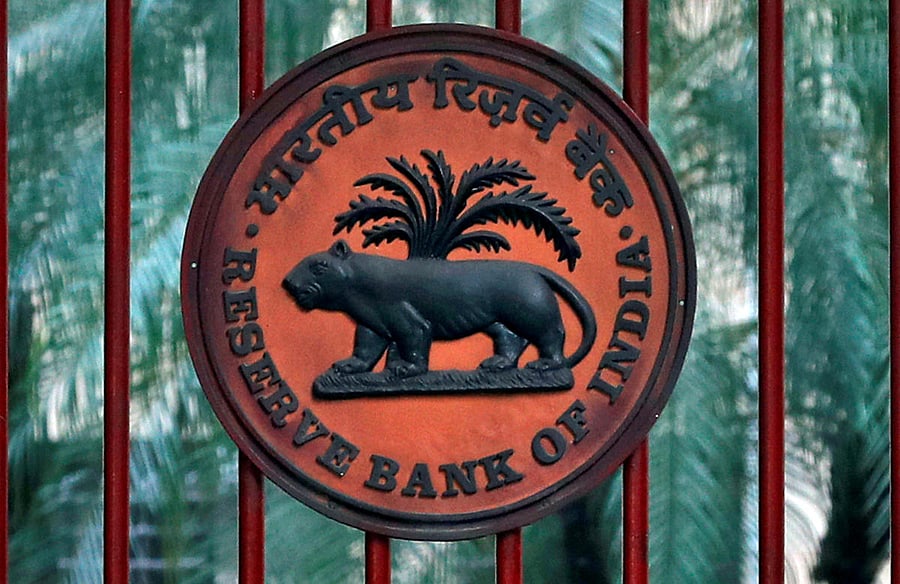
The tension between the government and the Reserve Bank of India appeared to have been defused for now after the central bank extended a helping hand to the government and agreed to address the stressed loans of MSMEs up to Rs 25 crore.
It, however, decided to constitute an expert committee on the most contentious issue of its capital reserves on which the government is seeking greater control.
The RBI is against the government dipping into its reserves to bridge fiscal deficit or recapitalise banks.
The move on MSMEs will enhance credit flow to the sector, the second largest employer after the farm sector. Small businesses have been facing the brunt of the 2016 demonetisation.
After a nine-hour-long meeting of the RBI Board, on which the government has two of its nominees, the central bank also agreed to the government demand to ease restrictions on banks under prompt corrective action which have been barred from lending. The board, however, decided that the issue would be examined by the Board for Financial Supervision (BFS) of RBI.
Monday’s meet was attended by all 18 members of the RBI Board as Governor Urjit Patel and his deputies came face to face with finance ministry nominees on the board — Economic Affairs Secretary Subhash Garg and Banking Secretary Rajiv Kumar — after a verbal spat between the central bank and the Centre.
The government has been, for a long time, demanding that the RBI relax liquidity and credit issues to give SMEs and non-banking finance companies enough money to carry out their business and lending activities.
Finance Minister Arun Jaitley had said late last week that the regulator should not lose focus of economic growth while trying to restore the health of banks.
“Liquidity and credit conditions were throttling economic growth,” Jaitley had said at an event on Saturday.
According to government sources, many of the small businesses and the real estate sector had complained to the government that if the lending norms were not eased, most of them would default and be referred to NCLT.
The board also agreed to give one more year to meet the capital conservation buffer for the banks under PCA. The move is expected to have a big effect on the release of growth capital for some of these banks.
The board, while deciding to retain the CRAR at 9%, agreed to extend the transition period for implementing the last tranche of 0.625% under the Capital Conservation Buffer (CCB), by one year, ie, up to March 31, 2020, the RBI statement said after the meeting.
Former Finance Minister P Chidambaram called this a reconciliatory approach by both which he said was good for the economy.